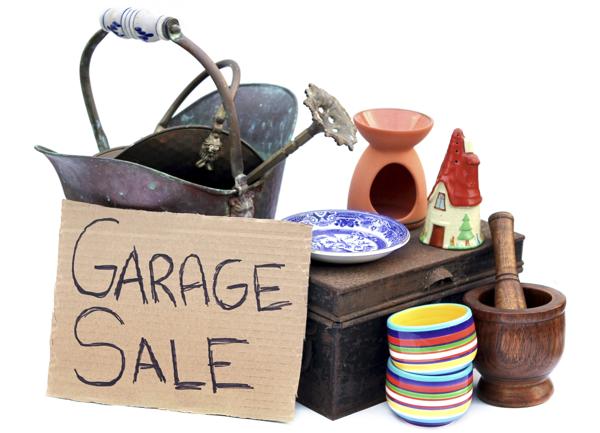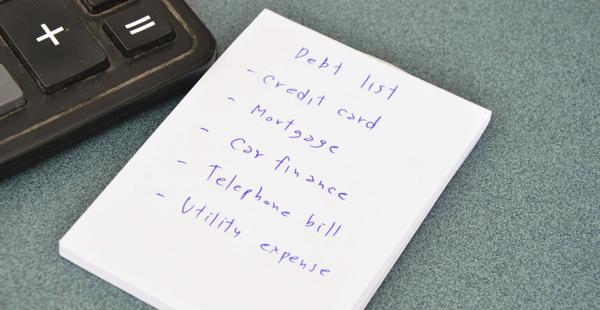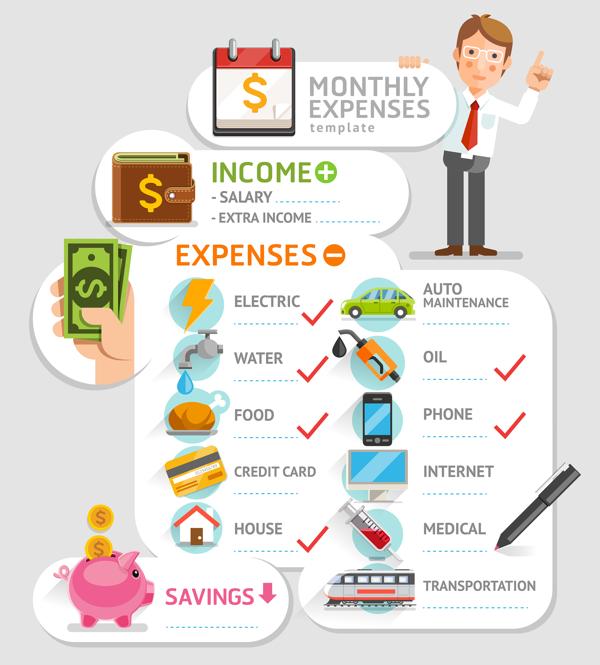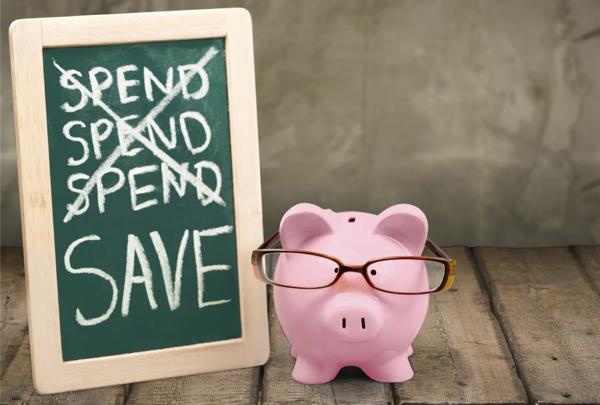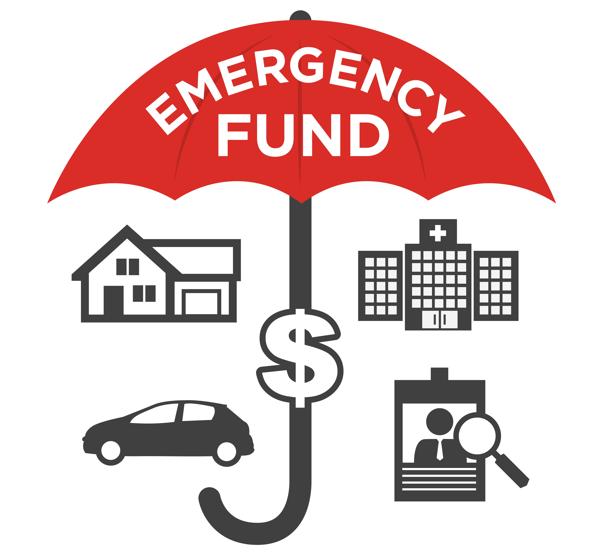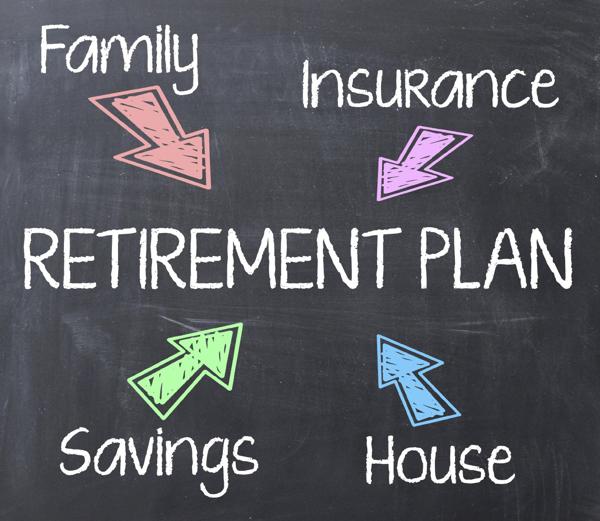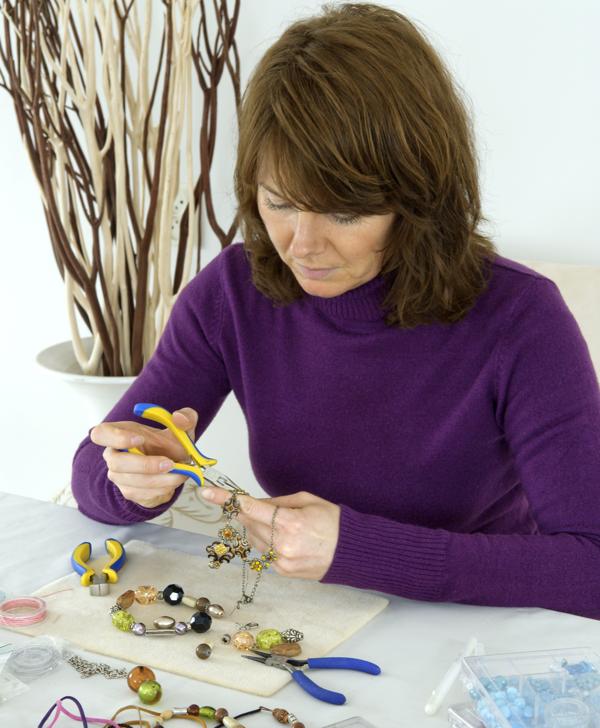
Are you living an extravagant lifestyle that is beyond your means? Is your income just enough to cover your monthly expenses? Maybe you don’t realize it now, but you are perched precariously on the edge of financial stability, and unless you work NOW, you may just lose your balance and topple over. Paycheck to paycheck living is not advisable, and it is better to stop right away.
The shortest period of time lies between the minute you put some money away for a rainy day, and the unexpected arrival of rain. ~ Jane Bryant Quinn
The root cause of most of our problems, is that we are never satisfied with what we have. We want more. And more. And more. And some more… It just doesn’t stop, this wanting. Which is OK. But, what’s NOT OK, is the instant gratification of these wants. Actually, that could be termed OK too, as long as you are spending within your means. So what is it that is not OK, you ask? Well, it is when you are spending beyond your means, to live the way you want to. When you do not have the money, yet you spend on that extra purse, or cell phone, or that gorgeous dress, or a new car, or whatever. Before you know it, you have used up your money in debit cards, so you turn to your credit cards, reach your credit limit, and now you have those terribly annoying warning letters, flooding your letter box and crowding your email. Reminds you of the movie, Confessions of a Shopaholic? There is a very thin line between living paycheck to paycheck, and the above described scenario. It can vanish far too easily, and before you can say ‘damn’, you’ve been hauled into the credit bandwagon. The only way to prevent this from happening is to change your spending habits, and start saving now. Let’s look at some easy ways to earn quick money in times of need, and then we’ll take a look at how to avoid such situations.
Ways to Earn Quick Money
Garage Sales
This is a quick way of getting some cash in your hand, as well as get rid of all the things in your house that you no longer need. Thinking practically in such cases, is more beneficial than thinking emotionally. Avoid storing unnecessary junk, furniture or knickknack in your house that occupies space, needs maintenance and does not serve any purpose. Best to give it away to someone who can find good use for it. You don’t need any money to host a garage sale, and it is the best way to kill two birds with one stone!
Small Home Businesses
Small home businesses that require no/ very little investment, can be a great way of adding to your income. Maybe you could start selling your paintings, if you are good at drawing and painting. Or if you have good culinary skills, then you can try making and selling cakes or other food stuff. If you are interested in photography and have a personal photo collection, you can also try selling your photos to magazines or newspapers. Or you can babysit for people’s kids for a couple of hours every day, like a mini creche. If you have other hobbies that can help you make money, cash on them.
Temporary Jobs
If you are good with the written word, there are sites that allow you to generate content for them, for some pay. Or, you could get a temporary job at a department or food outlet, for a couple of months to tide you over. There are many other small jobs that you can take up, like working at a library or a bookstore, or take part/ volunteer in clinical research studies at a local hospital, take care of people’s houses when they are out-of-town (water their plants, clean their houses, mow their lawns etc.) Start a blog or monetize your already existing blog, walk people’s dogs for them, clean driveways, shovel snow, etc. You can come up with a lot of ideas once you get started.
Home Tutoring
Starting coaching classes in your home is a great way to supplement your income. Start classes of subjects which you like and are good at. Guitar classes, Math and English classes, arts and crafts classes for kids, etc. The options are endless. Put all your creativity and talents to good use, and spread the knowledge. This can also turn out to be a successful way of self employment, and a great long term venture as well.
Ending Paycheck to Paycheck Lifestyle
The following options will help you get away from the dreaded and risky, paycheck to paycheck lifestyle. When you are living life on the edge, you are just one disaster away from slipping into the credit driven lifestyle. You do not have any nest egg for an emergency, and have to flounder around when one strikes. If you follow the following tips, it will slowly and surely lead you away from this lifestyle, and give you some buffer to fall back on when you really need it, without having to ask for a loan. These are some easy changes and tips that you can start implementing right away, and reap the rewards. Here goes…
Stop Taking Loans and Borrowing Money
Yes, this has to be done right away, no matter how desperately you think you need the money. Except, if it is for some medical emergency. This is the worst habit of the lot which puts you in debt, and 9 out of 10 times, it is quite unnecessary. Do not ask for money for things that you don’t need or you already have.
Make a List of Your Debts
The next step is to see how much you have borrowed, and how much is still left to be paid back. Make this list starting with the least amount that has to be paid back to someone, going up to the highest amount, in that order. Why? Because, if you start with the biggest amount, it will take a lot of time to pay it back, and you may lose motivation. Starting with small amounts makes it easier, and you feel a sense of achievement when you tick off the debts one by one. It will keep motivating you to continue, till you have scratched out all the debts. Make this list, and put it up where you can see it as often as possible.
Cut Down Unnecessary Expenditure
Keep track on the money you spend, and then try to spend less money every day. See where the money is going, address all the cracks, and stop all the unnecessary expenditure. Eating out, shopping, going to movies and other entertainment activities really burn a hole in your pocket. You can also save on fuel expenditure, by car pooling. Stop buying things that you already have, just because they are on sale and you are getting a good discount. You will be amazed by how much money you save, once you cut down these unnecessary expenditures.
Decide and Stick to Minimum Expenditure
Based on the amount of money you spend on things like groceries, fuel, mobile, etc., decide the limit of these expenses. Then keep the money for each item separately, so that it is easier to keep track of how much you are using, how fast you are using it, and whether you are managing to save some. This will help in saving money and give you a fair idea of how much you spend on a particular thing. Sometimes we don’t realize how much we are spending until we see it written down, and then we balk. Separating the money for every individual expenditure, is a good way of keeping a tab on yourself.
Make a Budget
Make a list of all the things you need for the month, and their approximate costs. Then add up all the expenses and see the final amount. Include only those things you think that you cannot do without, and not things you want to indulge in. If you need groceries, toiletries, fuel, etc., then that can be added, but a separate allowance for entertainment shopping, eating out, and the like, shouldn’t be included, when you are trying to cut expenditure and save money. Remember, that the point of this whole exercise is to make a minimalist budget. The total amount of the monthly budget should be a lot less than your monthly income. You will break away from living a paycheck to paycheck lifestyle, only when this happens.
Do Not Use Your Debit and Credit Cards Unnecessarily
Credit and debit cards are the devil’s inanimate forms for those of you who are planning to save money. Firstly, have only one credit card to your name. That’s it. Scrap all other cards. Carrying more than one, is simply inviting the temptation to use it. You don’t need more than one card, not really, so just give them up. Secondly, debit is OK, but use your credit card only and only in case of emergencies. Having a credit card doesn’t mean you can spend. And you shouldn’t.
Start a Savings Account
This is a very important part of the process. Whatever money you save every month – and you should be saving more and more by following the tips mentioned above – put into your savings account. Do not use this money to indulge yourself. It is much more satisfying to see the money piling up in your account, than to see a new handbag in your wardrobe, or a watch on your hand. I just cannot stress the importance of saving! Save! Every penny that you do not spend, put in your account, because every penny that you put in your account takes you further away from financial crises.
Maintain Separate Accounts
While you are at it, you may as well make two separate accounts. One for your savings, and the other for emergencies. At the end of each month or even week, take your savings and divide them 70-30. Put 70% in savings, and the 30% in your emergency account. Do not use the funds from the emergency account, if those from the savings account are over. Keep them for crunch situations, like medical emergencies, accidents, sudden travel, or other unplanned emergencies.
Avoid Fines and Over Insuring Things, and Pay Bills Online
When you do not make your credit card payments on time, you are fined. Ditto with various bills. Best to pay these bills, amounts and installments on time, so that you do not have to spend any unnecessary money for covering their fines. Also, it is easier to pay bills, and carry out all the monetary transactions online. You save not only money, but also the time, energy and fuel required to go to the separate offices to pay the bills. Sometimes, you tend to pay too much insurance for something that doesn’t require it. This is an added burden on your paycheck, and can be eliminated quite easily. Avoid over insuring your possessions.
Plan Ahead and Set Goals
Plan your expenses for the future, and start saving for them now. If you have children, or are planning to have them soon, then start saving for their education and other expenses. If you want to take any holidays after your retirement, save for that. Even for your retirement itself, you will need to save enough money for daily/ monthly expenses, so that you do not have to depend on your kids for financial support. These are crucial expenses, and there is absolutely no point putting off saving for them, to sometime later. The sooner you start, the better.
Supplement Your Income
I’ve already given you a few ideas of how to start a home business, without much initial investment. There are hundreds of other ideas that you can explore, or you can come up with unique ideas of your own. Start brainstorming. If you have managed to save some money, then you can think of starting other home businesses on a slightly bigger scale, that require a little investment on your part, but those that are a good source of income. Catering, testing video games, making jewelry and candles and selling them, organizing parties, etc., can be a few options to consider.
Downgrade to Practical Things Instead of Flashy Things
If you are a couple staying in a three bedroom house, ask yourself whether you can do with a smaller house. If you own a flashy car that eats up a lot of fuel, maybe you could get one that is more practical, economically? These are really big changes though, and you may not want to even think about them. But if you analyze these things you will find out, that downgrading will seriously reduce your expenditure. Maintenance of big, expensive things is equally expensive, and if you can do with something smaller, nothing better. Cheers to you! You can save a huge amount of money this way, your savings will pile up substantially every month, and before you know it, you will have a nest egg for a rainy day!
Saving money is a skill, and there are many ways to save money on a tight budget. It is all about managing your expenditure, and making sure that you are spending a lot less than you are earning. With practice you will acquire the skill in no time, after which a monthly or weekly budget won’t scare you or put you off. You may, in fact, find it difficult to manage without one! So curtail your expenses, and start saving right away. It is one of the best things you can do for yourself.
